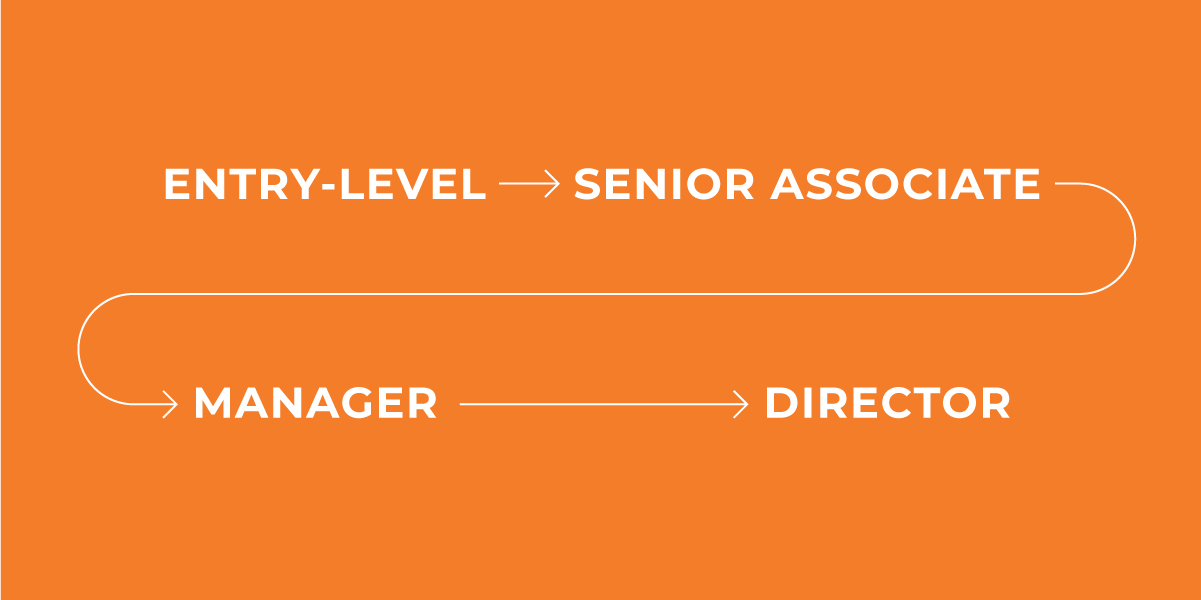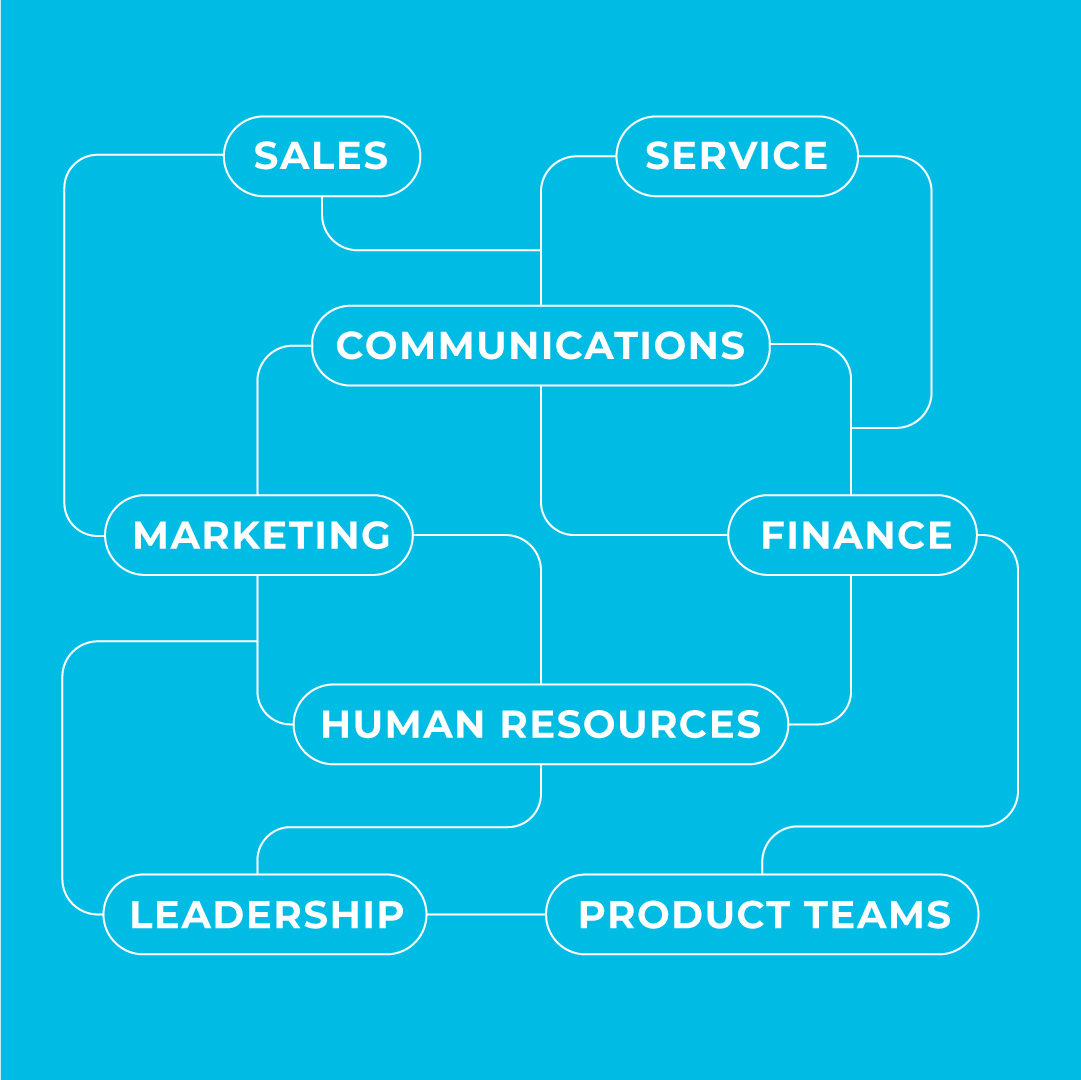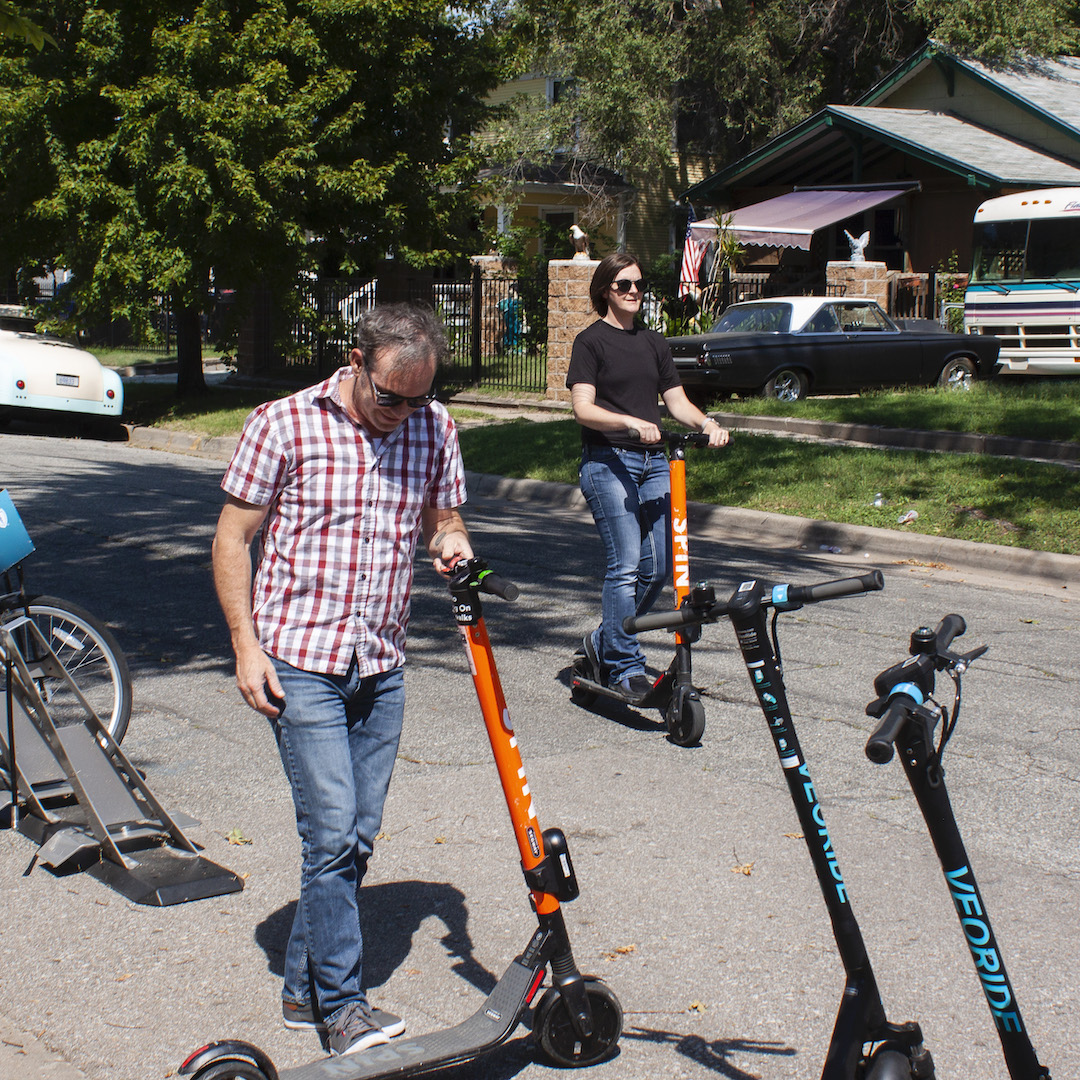Grow Business with Talented Young Workers
09.12.19 · Sonia Greteman
The largest generation in American history is starting to hit the workforce en masse. No, it’s not the Millennials – the group that older generations routinely use as a shorthand for youth. We’re talking about Generation Z.
Born after 1997, this group’s first college graduates are beginning their professional lives, a few years after their colleagues started earning paychecks immediately following high school.
As retiring workers leave the workplace, a huge demand for skilled labor grows. Now Boomer, Gen X and even Millennial managers and company owners need to answer the questions: How do we recruit and retain the best young talent? What can we do differently to ensure company growth in this environment?

More Similar than Different
Despite how young people are often depicted, their wants in the workplace aren’t that much different than others. Research has shown young people’s top-5 workplace desires are:
- Culture
- Pay and benefits
- Technology
- Flexibility
- Incentives
The order of those might change for someone who is 25 versus someone who’s 55. But generally, the equation is simple: we all want to be paid well for our work and have the ability and tools to strike a good work-life balance.
Culture is King
Our office has an excellent mix of seasoned vets, Gen X leaders and Millennial achievers. Now we’re starting to bring in outstanding Gen Z talent.
Finding great workers is one challenge but keeping them happy and productive is another. Our secret is in our company culture. We have a set of defined values, like other companies, but we strive to live them daily. We use those values to recruit people who will be a great fit.
Our team regularly shares what makes their co-workers special. At weekly meetings, team members talk about designers imagining better ways. Or how the team had their back to get a project over the finish line. We listen loudly to everyone in the room, which creates a better environment internally and a focused to path to deliver results to our clients.
We work hard, but we know how to have fun. Our team is invested in each other because we share our successes and let our hair down when the time’s right.
We laugh together as our 25-year-olds and 60-year-olds take turns trying out the city’s new electric scooters on a summer afternoon. And we engage in post-work yoga to improve our bodies and minds. We’re always looking for activities to bring us together. The result creates better work, and more important, a better workplace.
Offer Opportunities
Another way to attract the best young talent? Give them opportunities to stretch and shine.
Today’s young workers want to be a part of it.

Help them outline a career roadmap – and how you’ll assist them achieve that. Don’t just make it about 10 or 20 years down the road, either. Check in frequently and offer the training to advance their position. Expecting them to “pay their dues” for a decade won’t motivate them. They want a voice and a path to increased responsibilities and challenges to keep them engaged while they conquer goals along the way.
Let them become more well-rounded by learning more than just one silo of the business. They don’t expect to be the company president at 30, but better training gives them the chance to be in a leadership position sooner than you’d think. Create the connections now that lead to the next generation of workplace change agents.
Listen and Adapt
Whether it’s workers in their 20s or 30s, one commonality of these two large generations is the expectation of collaboration. They’ve learned school lessons in group settings and have connected through the internet and social media for much of their lives.

Value the contributions young people make to a company. Actively listen to their ideas and feedback. Their perspectives may offer better ways to tackle a problem and getting many voices together will produce creative solutions.
Frequent face-to-face conversations can also help managers gauge stress levels of their team members. There’s no substitute for checking in to find out what’s working well and what needs to be changed. Their improvement ideas might produce the elusive workplace culture everyone seeks. Flexible hours? Taking a dog to work? Better wellness programs? Chances are, those ideas first came from a young person.
Trust Them to Work
Young people aren’t lazy. No more than all Gen Xers were slackers or all Baby Boomers were dropouts.
They have high expectations of themselves and what they bring to the workforce. Hold the same high standards for them. Give them honest feedback without coddling. They want to impress. If given the proper tools to succeed, they will.
This article originally appeared in the Sept. 12, 2019, issue of BlueSky News.




